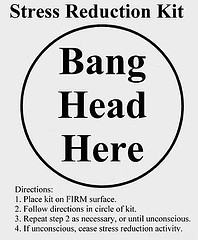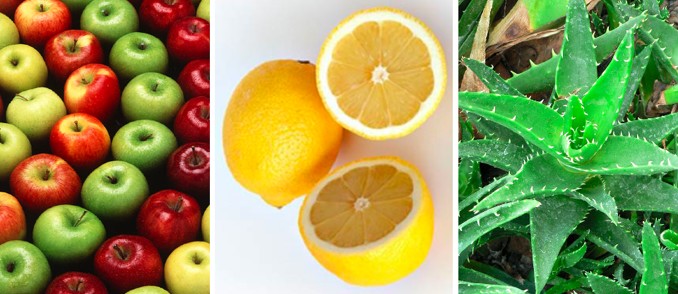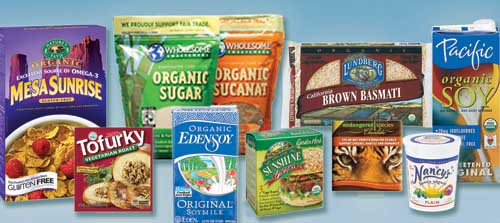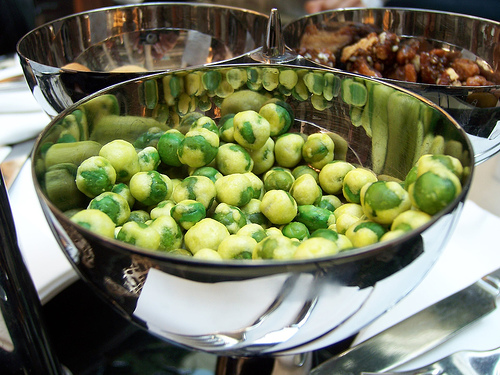 Stress… it’s something we deal with on a daily basis. Some of us take it all in stride, others let it build up to the breaking point.
Stress… it’s something we deal with on a daily basis. Some of us take it all in stride, others let it build up to the breaking point.
When we experience stress too often, our autonomic nervous system rarely has a chance to activate the relaxation response. This can eventually lead to physical or emotional illnesses such as high blood pressure, irritable bowel syndrome, insomnia, and depression to name just a few.
Making simple diet changes can help reduce stress, here are a few tips to get you started:
(Remember to always use organically grown foods when possible, it’s healthier for you and for the planet.)
- Eat a Variety of Whole Foods – The first and most important tip. This is what nutrition professionals sometimes refer to as “eating the rainbow”. Pick fruits and vegetables of all different colors. Those colors are representative of the various disease-fighting phytochemicals and nutrients in each food.
- Eat Citrus Fruits – Citrus is high in folic acid. Lack of folic acid can reduce the levels of serotonin in the body, this can contribute to depression, anxiety, and even excess anger.
- Eat Complex Carbohydrates – Not only do complex and whole grain carbohydrates provide fiber and energy, they also help create that relaxing neurotransmitter serotonin during the digestion process. Look for whole grains such as brown rice, bulgur, barley, quinoa, and millet. Make sure to use the whole grain varieties of bread, cereal, and pasta.
- Eat Protein – When protein is broken down, the amino acid tyrosine contributes to the chemicals dopamine and epinephrine, which have the capacity to give the body more energy. This is important if you’re feeling exhausted from the effects of stress. If you eat an omnivore diet, make sure you’re consuming a good share of your protein from non-meat sources such as beans, nuts, tofu, tempeh, and quinoa.
- Eat More Nuts – Nuts are loaded with vitamin E and contain B vitamins as well. These can help your body hold up during unpleasant events. Try snacking on almonds, pistachios, or walnuts.
- Eat Avocado – This green wonders’ double whammy of monounsaturated fat and potassium can help lower blood pressure. Try it on a salad, or whip up a batch of guacamole.
- Have a Cup of Chamomile Tea – Chamomile has a long history of use for insomnia, relaxation, and anxiety. It can also help treat indigestion and nausea. Enjoy a cup at bedtime.
- Take a High Quality Multivitamin and Mineral Supplement – This can help fill the gaps in your diet. Look for one using whole food concentrates, and follow label directions.
By making sure the foods we eat are providing us with the nutrients we need, we can help our bodies be properly nourished and ready to combat stress when we experience it.
Image credit: programwitch on flickr creative commons.








Thanks for the tips, I deal with stress everyday as a college student and can use all of the help I can get!
Its true for me that when I get too busy, I tend to eat poorly. This information shows why its important to stay on track.